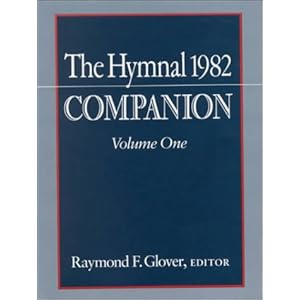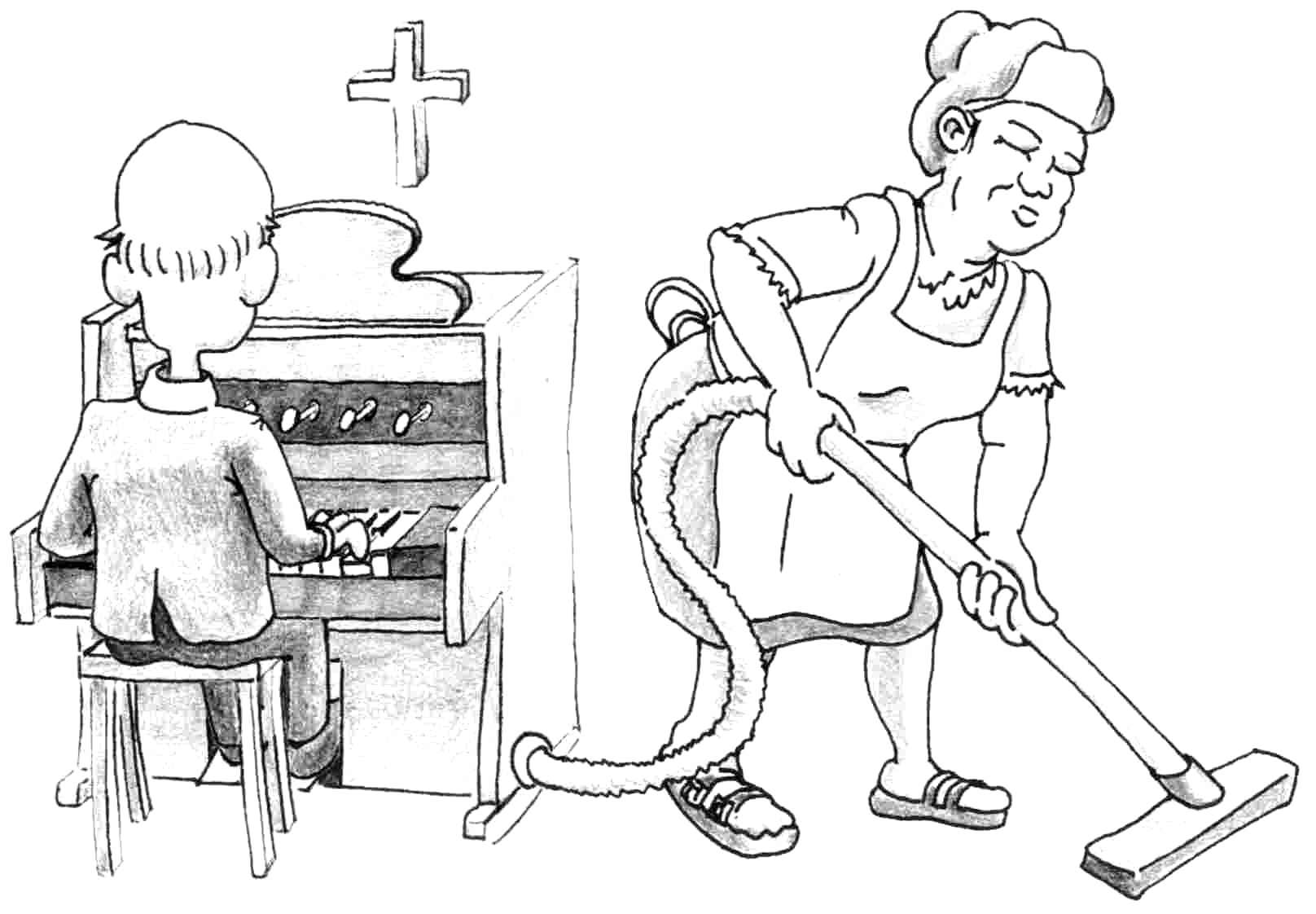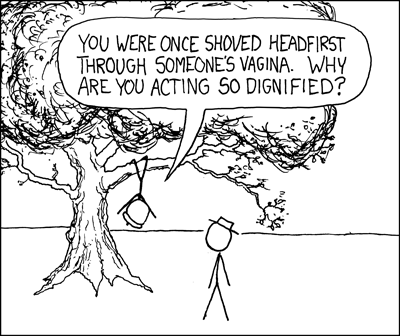
I had a nice moment at church yesterday. The postlude was a hoary old Anglican setting by C. H. Parry of a chorale prelude on the tune, DUNDEE. Parry, Howells, Vaughan Williams and other English composers hear the organ in a sort of subdued romantic way, lush but restrained, certainly very subtle for American ears in this century.

I play these guys anyway since they are an important part of Anglican history and the organ’s repertoire (in my opinion anyway).
DUNDEE as a melody was first found in the 1615 Scottish psalter, The CL Psalmes of David.

The Hymnal Companion to the Hymnal 1982 says that though this tune was thought to be borrowed or modeled on the French Genevan style, “it is typical of the British metrical psalm-tune style, with its ‘gathering note’ at the beginning and end of each line.” (The Hymnal 1982 Companion, Volume Three A Hymns 1 to 385, p. 261)

And the tune has a sort of regal beauty to it that Parry captures easily in his organ piece.
As I was performing the postlude, a young man from the parish came and sat near the organ. The only other person near was my wife who usually makes a point of listening to the postlude. Afterwards, I expected him to come up and talk to me about something. I thought he was waiting for the music to stop to talk to me. Instead he gave me a slight complicit smile and went on his way.

How refreshing for me! It appears that he had just come back and sat by the organ in order to better hear the postlude.

There are many musicians in this congregation. But few of them give music in the church the attention and respect this kid did. What a breath of fresh air!

I was listening to a podcast from the Poetry Foundation this morning. I wanted to hear poet, Ron Silliman, reading excerpts from his poem once again. I guess I had been sort of mulling it over.
It’s an excerpt from a longer poem called “Revelator.” It begins:
Words torn, unseen, unseemly, scene
some far suburb’s mall lot
He writes with five words per line, sometimes even five syllables. I especially like the first line. [link to the whole excerpt]
The commentators in the podcast compare Silliman to Dickinson which got me in the mood to read a bit of her this morning. I could only find my old worn bad edition. Somewhere in this house are the complete poems in a good newer edition.
I ran across this and thought it a good morning poem:
Our share of night to bear —
Our share of morning —
Our blank in bliss to fill
Our blank in scorning —Here a star, and there a star,
Some lose their way!
Here a mist, and there a mist,
Afterwards — Day!by Emily Dickinson
I spent some time yesterday with Bach English suites and Schubert piano sonatas at the piano before and after church. When I neglect to do this kind of playing, it’s like missing prayer or exercise.
I have lunch schedule with my buddy, Nick Palmer, today. Between now and then I want to work on polishing up “Dead Man’s Pants” to submit for rejection by the Manhattan New Music Project(http://www.mnmp.org/)

Then later I have 2 & 1/2 hours of ballet class accompaniment. I observe that in my old age (59), it is meaningful to me when people notice and appreciate my music (see the beginning of this entry). This is one of the things I like most about ballet work. The music matters. The movement is primary, but the music not only helps by marking off the movement, it also contributes as an audible reminder of the expression in the movement.
It’s so nice to be listened to when so much music is barely perceived when human ears are in it’s proximity.

Less apparent than wallpaper.

I have a theory that since the advent of recording, listeners are less aware that what they are hearing is the effort of another human since most music in their lives has come from speakers or ear buds.

Of course, it’s just my opinion, heh.
